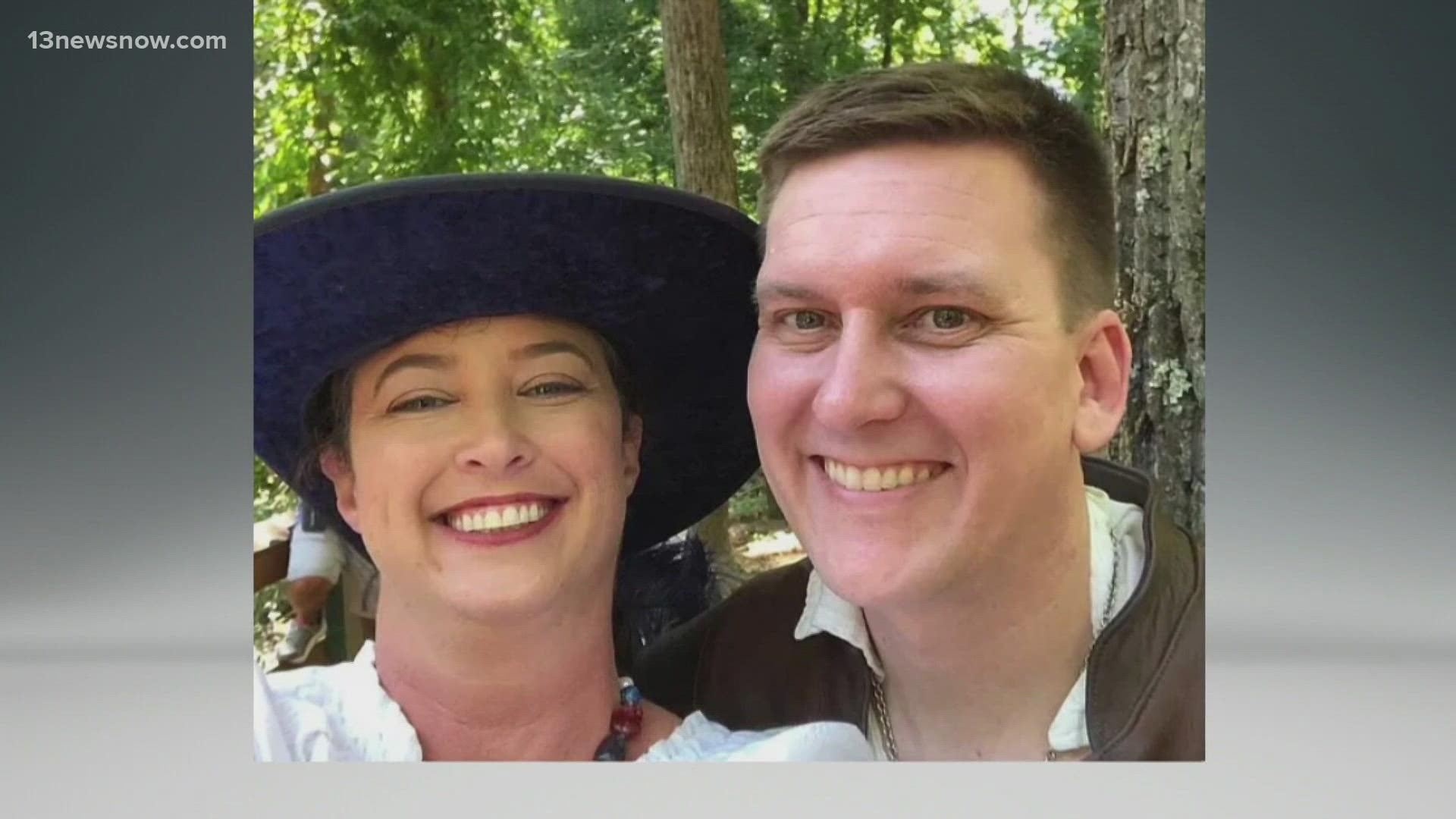WASHINGTON — Navy employee Jonathan Toebbe, who served as a nuclear engineer, and his wife, Diana of Annapolis, Maryland, allegedly communicated through encryption services with an undercover FBI agent and attempted to sell submarine data that was restricted to an unidentified foreign country.
They are accused of trying to share information on the nuclear propulsion system of Virginia-class attack submarines in return for $100,000 in cryptocurrency.
Court documents unsealed Sunday say the couple sent a letter that stated a desire to sell documents containing U.S. Navy information.
The sender wrote: "I apologize for this poor translation into your language. Please forward this letter to your military intelligence agency. I believe this information will be of great value to your nation. This is not a hoax."
Authorities said, following an arranged dead drop, they found a 16-gigabyte data card "wrapped in plastic and placed between two slices of bread on a half of a peanut butter sandwich."
This is far from the first time the nation has witnessed allegations of espionage by Navy personnel. It's been going on for decades, dating back at least to 1985 and the notorious John Walker spy ring.
"In this case, the motivation appears to have been greed," said former National Security Council member and retired Navy captain Joe Bouchard.
He said these cases can bring long-lasting damage to America.
"Threatening our nation's security, threatening the lives of Navy women serving at sea, just to get rich, that is inexcusable, unpardonable," he said. "I find it hard to believe people keep trying to do it."
If convicted of violating the Atomic Energy Act, the suspects could face life in prison.
In a statement, Attorney General Merrick Garland said: "The work of the FBI, Department of Justice prosecutors, the Naval Criminal Investigative Service and the Department of Energy was critical in thwarting the plot charged in the complaint and taking this first step in bringing the perpetrators to justice."

